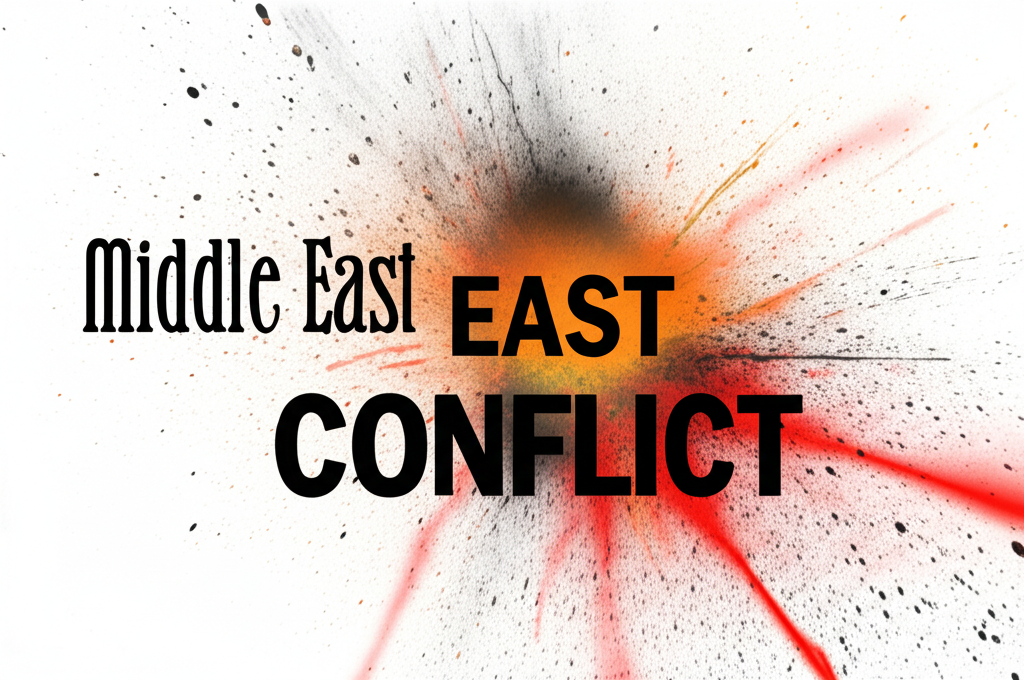- Intensified Airstrikes: The US is hitting Houthi rebels harder than before.
- Trump vs. Biden: A change in strategy from the previous administration.
- Civilian Concerns: Are civilians getting caught in the crossfire?
- Houthi Response: How the rebels are reacting to the increased attacks.
- Geopolitical Impact: What this means for the wider region.
Yemen Under Fire: What’s the Deal with These New Airstrikes?
Hold up, folks! It looks like things are heating up in Yemen. The US has launched a fresh wave of airstrikes against the Houthi rebels, and it seems like this campaign is a lot more intense than what we’ve seen before. We’re talking about a shift from targeting just launch sites to hitting high-ranking personnel and even dropping bombs in residential areas. Ouch!
Trump’s Strategy: A New Approach to Yemen?
Now, here’s where things get interesting. This new approach under President Trump is a stark contrast to the Biden administration, which was more cautious with its strikes while Arab allies were trying to broker a peace deal. But with the Houthis threatening to attack Israeli vessels and firing at Israel over aid to Gaza, it looks like the gloves are off.
Civilian Casualties: The Unseen Cost of War
But here’s the million-dollar question: what about the civilians? While the US military isn’t admitting to any civilian casualties, activists are raising concerns that innocent people are getting caught in the crossfire. As Emily Tripp from Airwars puts it, “Just because you can’t see civilian harm doesn’t mean it’s not happening.” It’s a sobering reminder that war always has hidden costs.
Airstrikes in Action: What We Know So Far
So, what exactly has been happening on the ground? Since March 15, American warships have been firing cruise missiles, and fighter jets from the USS Harry S. Truman have been dropping bombs on Houthi-controlled areas. Trump himself announced the campaign on social media, vowing to stop any terrorist force from interfering with American vessels. The Houthis claim that these strikes have already killed dozens of people, but it’s hard to verify these numbers.
Behind the Numbers: Discrepancies and Details
Speaking of numbers, there’s a bit of a discrepancy between what the Houthis are claiming and what independent organizations like ACLED are reporting. The Houthis say there were over 930 strikes last year, while ACLED has recorded only 305. It’s possible that the Houthis are counting individual bombs, while ACLED is counting single events. Either way, it’s clear that the situation is complex and information is hard to come by.
Is This Decapitation? Targeting Houthi Leadership
According to Luca Nevola, a senior analyst at ACLED, the Trump administration seems to be pursuing a “decapitation strategy,” targeting urban areas more intensely. National Security Advisor Mike Waltz has even claimed that key Houthi leaders have been killed. If true, this would be a significant shift in tactics.
Transparency Troubles: What’s Not Being Said?
One of the biggest concerns is the lack of transparency surrounding these airstrikes. Unlike the Biden administration, the US military isn’t offering many details about the targets or the reasons behind the attacks. While some argue that this is a smart strategy to keep the enemy guessing, it also means that the Houthis’ version of events is often the only one that’s public.
Houthi Attacks: Why Yemen Matters
To understand why all of this is happening, you need to understand the Houthis’ role in the wider conflict. Since the start of the Israel-Hamas war, the Houthis have been targeting merchant vessels in the Red Sea, claiming to act in solidarity with Hamas. These attacks have disrupted shipping and raised tensions in the region.
The Bab el-Mandeb Strait, controlled by Yemen, is responsible for about 12% of world trade which passes through it to the Suez Canal.
The Future of Yemen: What’s Next?
So, what does all of this mean for the future of Yemen? The Houthis still control much of the country, and the exiled government is struggling to regain control. Saudi Arabia and the United Arab Emirates have been pushing for peace talks, but it’s unclear if a lasting solution is possible. As Gregory D. Johnsen, a Yemen expert, puts it, the US can hurt the Houthis, but without effective ground troops, it won’t be able to eliminate their capabilities.

